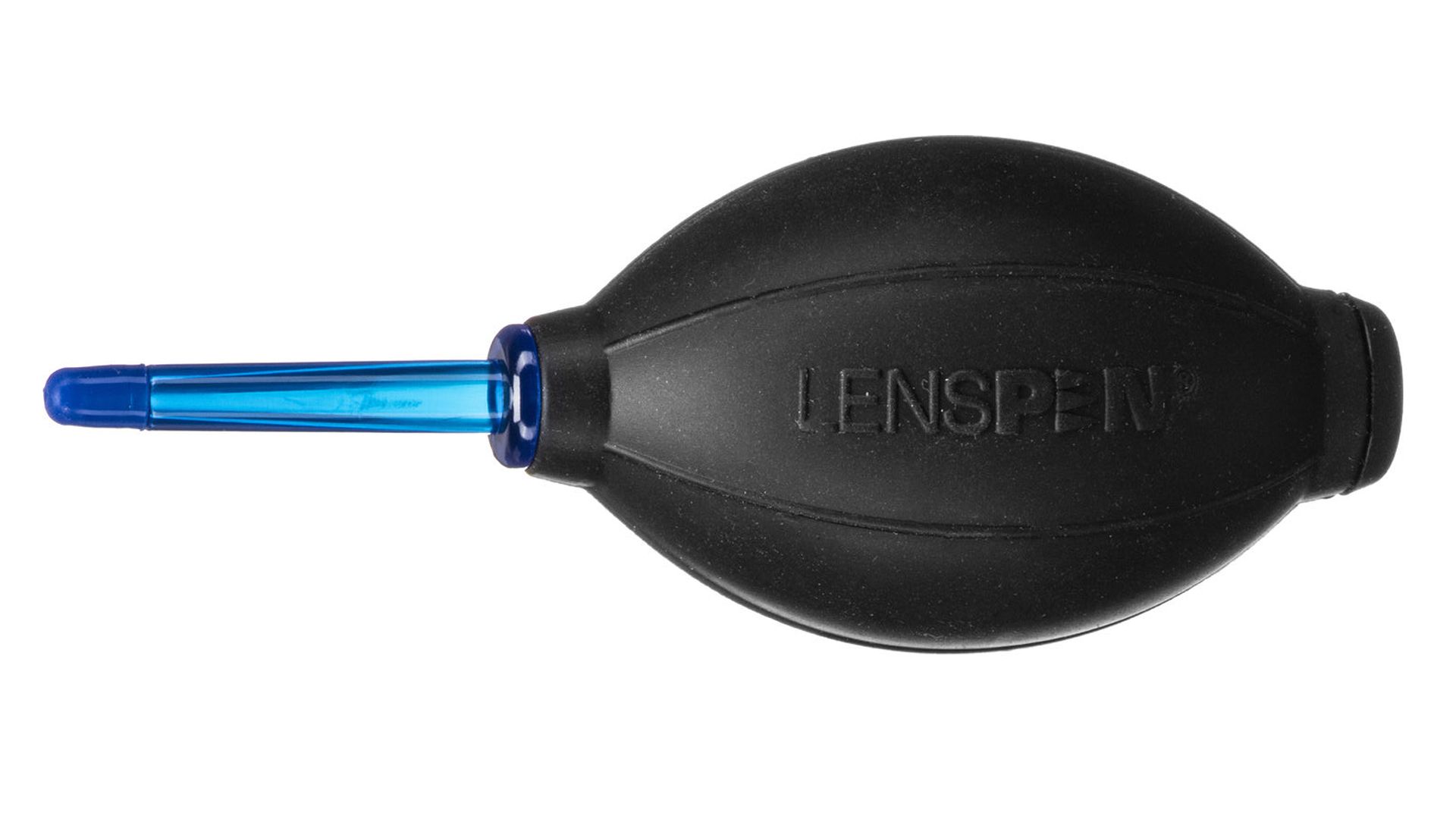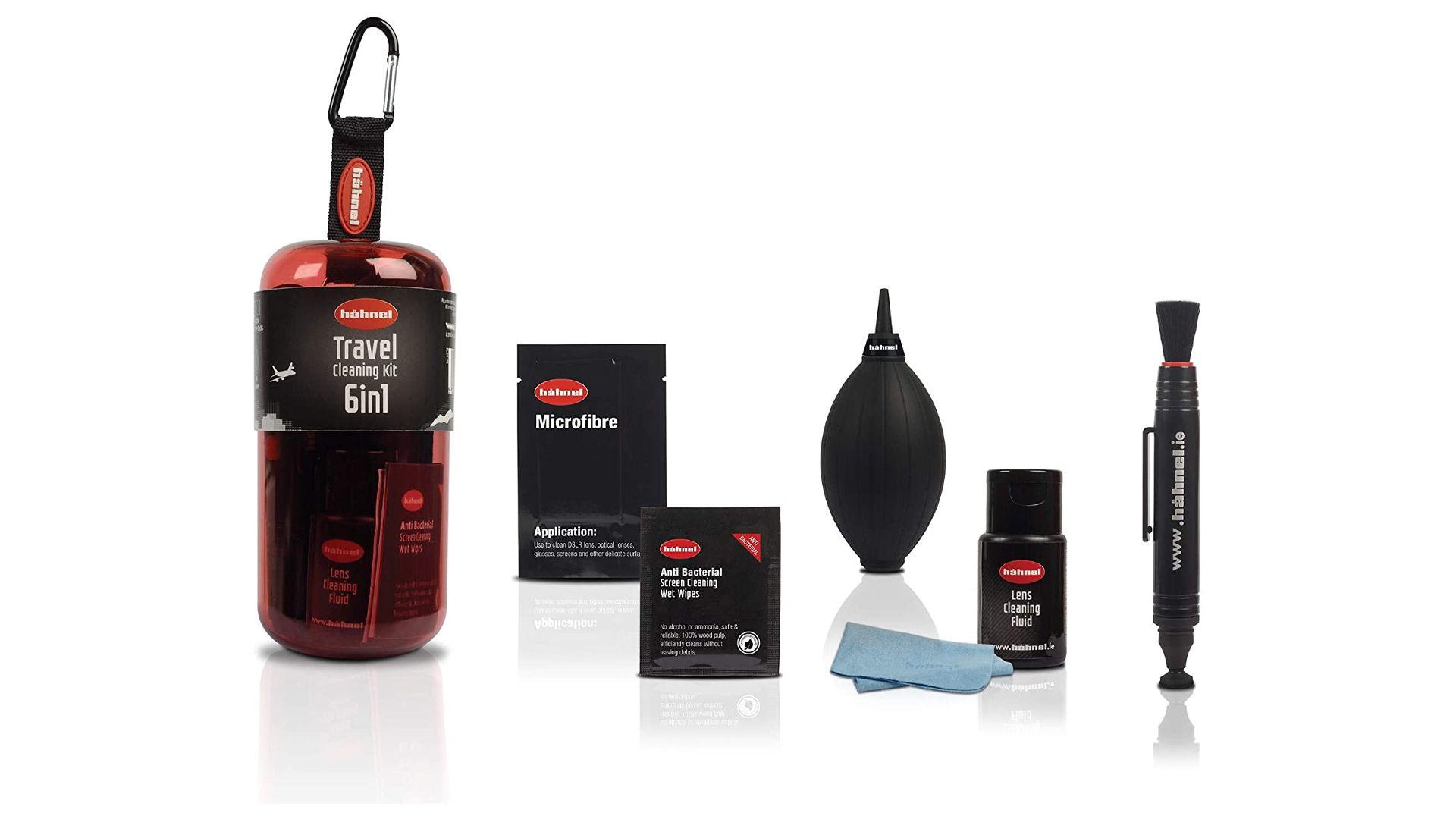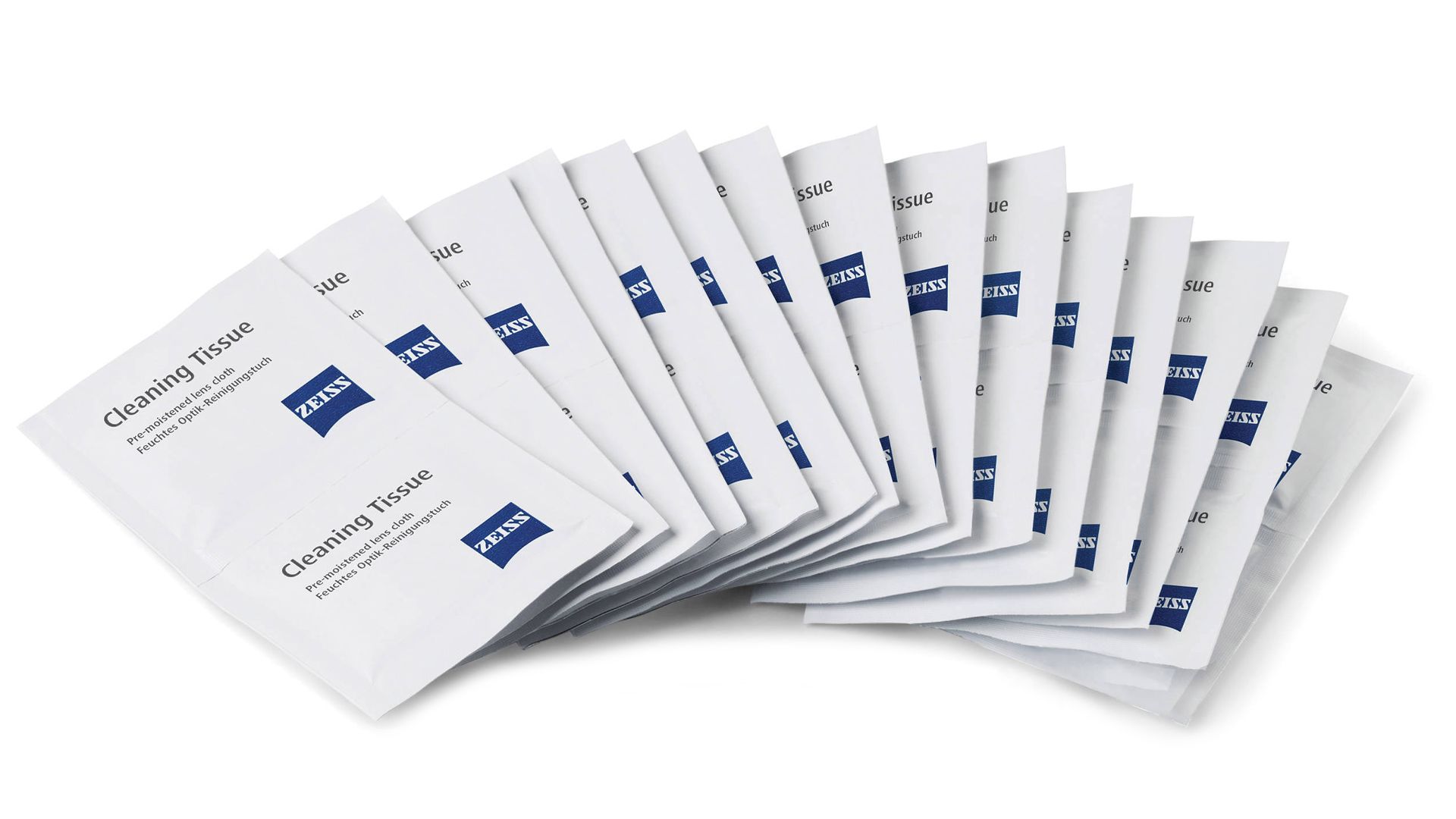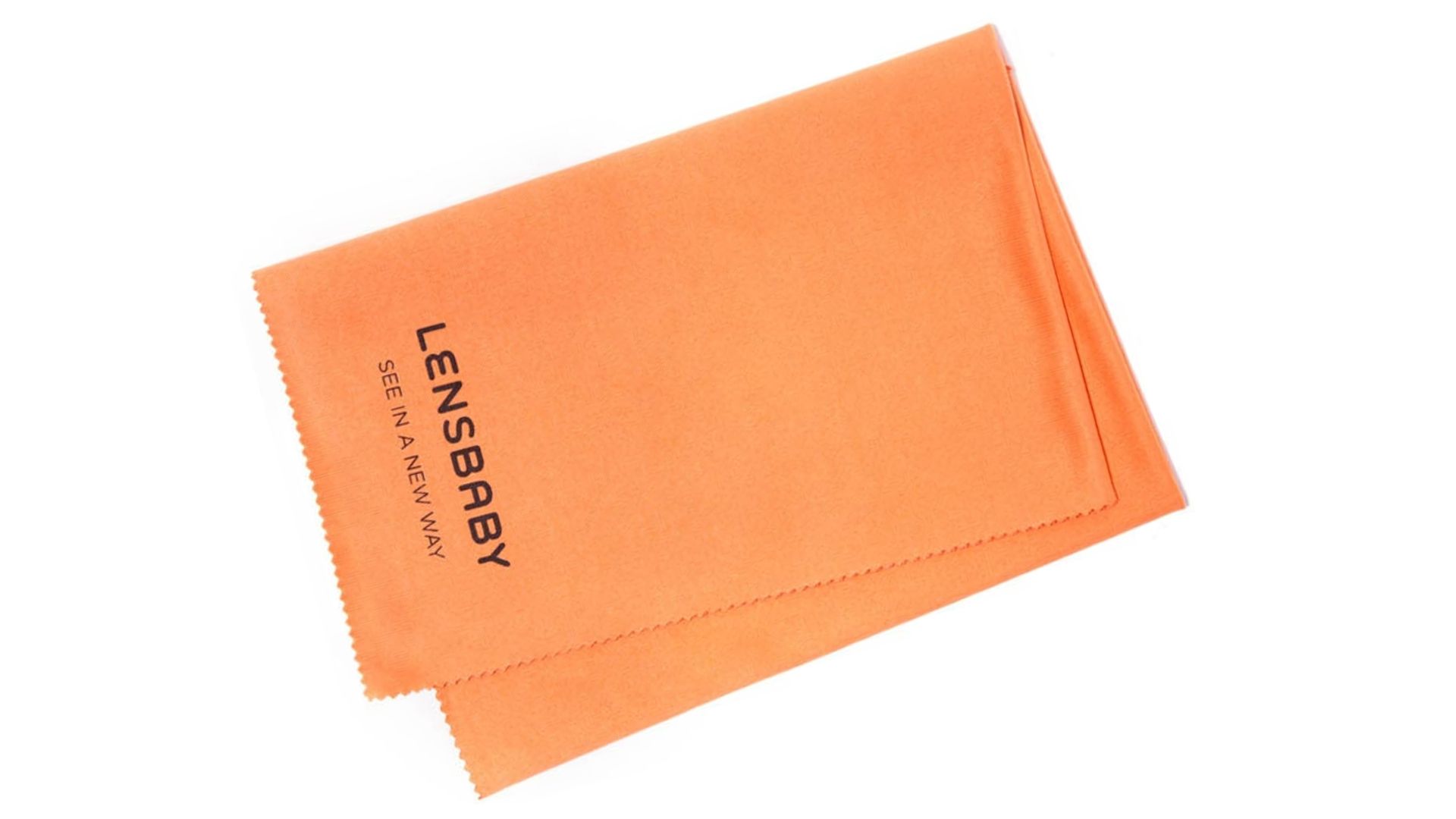How To Clean A Camera Lens
Whether your goal is to document research, capture a memory, or create a stunning piece of art, having a clean camera lens is vital to your success. Dust, smudges, and fog can all lessen the quality of your work.
Although you can’t always protect your lens from the environment, you can ensure that your lens is ready for use at all times. Having clear, sharp photos begins with knowing how to clean a camera lens.

How to Clean a Dirty Camera Lens
As a photographer, knowing how to clean a dirty camera lens will not only help you produce your best work, it will also protect your costly investment. Although frequent cleaning is usually unnecessary, when the lens does need attention you can be ready for almost anything by dropping a few inexpensive supplies into your camera bag.
A manual bulb air blower keeps you from touching the lens while removing light debris. A few puffs effectively blow off the dust, grit, and particles that cling by static electricity. Do not use canned air as it can force debris deeper into the camera instead of blowing it away. More importantly, the chemicals in canned air can build up on your lens or even damage the sensor beyond repair!
Here are some way to clean a dirty camera lens:
- A soft bristle brush is a great addition to your cleaning supplies, as it can also get rid of the dust and debris on your lens. There are many brushes available with fine, soft hair that will not scratch the lens. Without applying any cleaner, move the brush gently across the lens and through the crevices, making sure to keep your fingers away from the bristles so that oil is not transferred. The Hahnel Travel Cleaning Kit comes with a retractable cleaning brush to dislodge stubborn dirt or dust particles.
- A microfiber cloth is essential for a quick cleaning. Gently move the dry cloth in a circular motion across your lens, starting in the center and moving toward the outside edges. This will rid the lens of smudges and fingerprints. Only a minimal amount of pressure should be needed to complete the job. Microfiber cloths can be washed in mild soap and reused. If you’re on the move, a few Zeiss Pre-Moistened Lens Cleaning Cloths are an alternate option if there is no room to carry a microfibre cloth.

A small bottle of lens cleaning fluid, although rarely needed, can be helpful to remove a stubborn smudge. Put a drop or two on a lens tissue or microfiber cloth. Move it in a circular motion so that streaking doesn’t occur across the lens. Never put the fluid directly on the lens, as excessive fluid can damage it.
A package of cotton-tip swabs is handy for removing debris from around the rim of the lens and all crevices. Using a swab after using the brush or blower can finish the job by tidying up the tight spots.
Silica gel packets are a great way to absorb humidity and moisture from your camera bag. Cheap and easy to replace, they can help protect your lens from fogging, and even protect it from lens fungus.
Can You Use Rubbing Alcohol to Clean a Camera Lens?
There is a lot of debate among photographers concerning the safety of using alcohol to clean a camera lens. The debate centers primarily around the possibility of the alcohol damaging the coating on the lens, thereby degrading its quality.
However, most lens cleaning fluids do actually contain alcohol, as do pre-moistened cleaning wipes. Using a small amount of alcohol on a cotton swab can be especially effective after shooting outdoors. However, even though using alcohol is considered acceptable on many lenses, you should use it only very sparingly in the same manner that you use a cleaning solution.

How to Clean a Foggy Camera Lens
When using your camera in any tropical setting, you should be prepared for the possibility of a foggy lens. Just moving from an air conditioned environment to the heat and humidity of outdoors can trigger an immediate reaction from your camera lens, making it impossible to shoot any photos for up to 15 minutes.
Wiping off the lens does not help because the internal temperature of the camera will cause the lens to fog up again. To remove the condensation, you must bring the temperature of the camera and lens back up so that the condensation gently dissipates. Although putting the camera in a sealed plastic bag in the sun can sometimes help the process, prevention is the easiest route to take.
Allowing time for your camera to acclimate to the warm environment is the key to success. The best solution is to place your camera in the camera bag and let it sit outside for half an hour to one hour before you plan to shoot. Tightly close all the zippers to prevent it from warming up too quickly. Consider using an anti-fog cloth or adding silica packets inside your bag with the camera to trap any moisture.

How to Clean Camera Lens Scratches
Most lens scratches are minor and won’t adversely affect your photographs. Removing them is also very difficult to do successfully and may ruin your camera lens. It is important to remember that camera lenses are not just pieces of glass, but are enhanced with coatings that protect the glass and promote the quality of your photographs. You do not want to damage the lens further by removing the coating. Depending upon the severity of the scratch, you should consider sending the lens to a professional service center.
Knowing how to clean a video camera lens or the lens on your DSLR is vital to producing the best photographs possible. However it is easier to prevent a problem than to correct one. The addition of a clear or UV filter will protect your lens from scratches and debris.
Most people are more comfortable cleaning an inexpensive filter than an expensive lens. High quality filters can remain on your lens at all times and also protect the lens from the elements when shooting outdoors. Your camera lens is a window into the world that you see and the images that you want to share. It’s worth caring for and protecting.
C.R. Kennedy is one of Australia’s leading distributors of cameras and photographic equipment. We offer a wide range of DSLR lenses, mirrorless lenses, cleaning and protection equipment and more.
If you need more information on macro lenses and camera lenses in general, check out more articles on the C.R. Kennedy blog.
